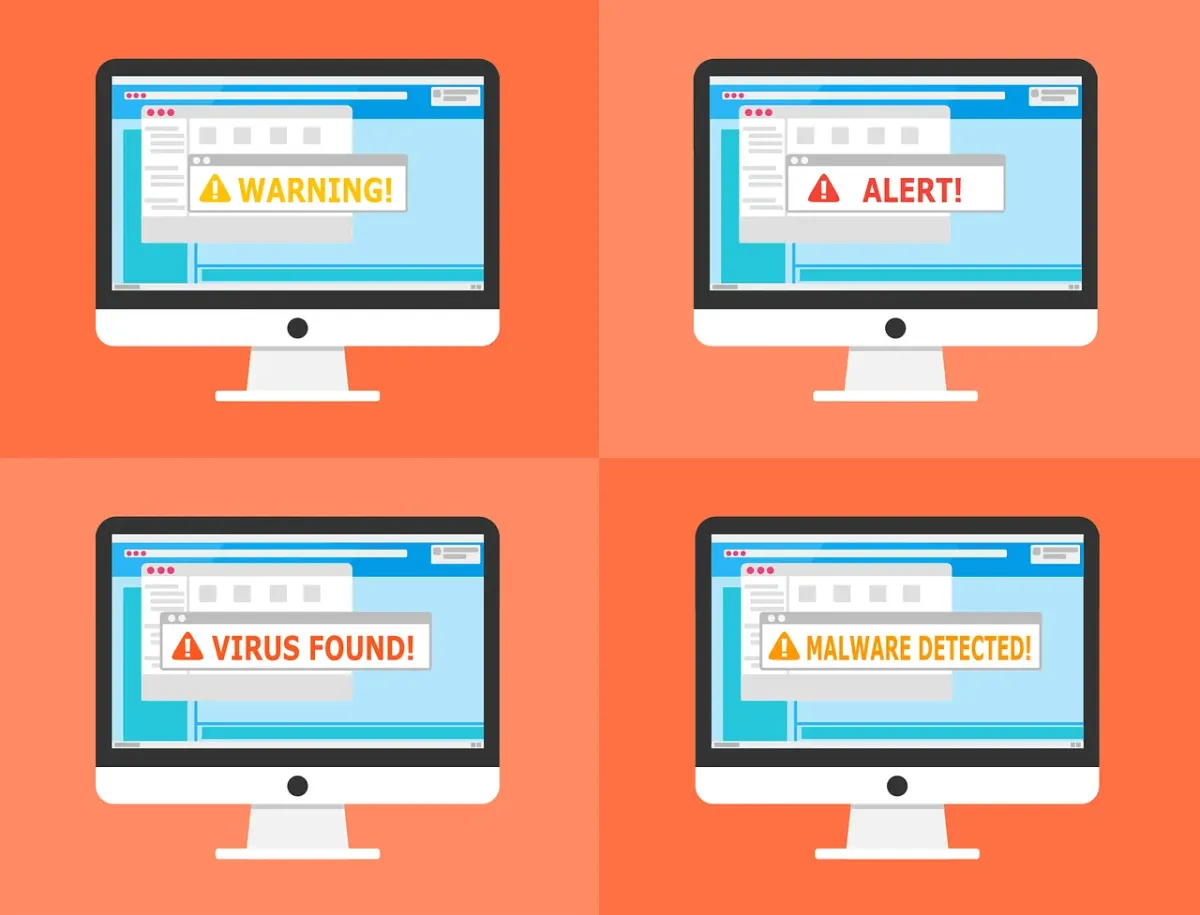
Crossover IT
Newsletter
Crossover IT Newsletter delivers the latest tech trends, insights, and practical tips, helping IT pros and enthusiasts stay ahead and sharpen their skills in a rapidly evolving digital world.

Recent Blog Posts

Event Logging Best Practices
Today’s businesses are no stranger to the word cybersecurity. They are facing a growing wave of cyberattacks. These come from ransomware to sophisticated phishing schemes. How do you stand ahead of these threats? A strong cybersecurity strategy is essential. One crucial component of this strategy is event logging. It’s one that not every business owner is aware of.
Google Search Malvertising
There are many types of malware. One of the most common is called “malvertising.” It crops up everywhere. Including social media sites and websites. You can also see these malicious ads on Google searches.
Two things are making malvertising even more dangerous. One is that hackers use AI to make it very believable. The other is that it’s on the rise, according to Malwarebytes. In the fall of 2023,
malvertising increased by 42% (month over month)
.


Embrace Cashless Evolution
Discover the essential tech tools that can help micro and small businesses streamline operations, improve customer engagement, and scale sustainably. From cloud solutions to CRM platforms, this guide breaks down affordable and scalable options for every MSB.
Data Breach Notice
When it happens, you feel powerless. You get an email or letter from a business saying someone breached your data. It happens all too often today.
Data breaches happen at banks, online sites like Facebook, and ecommerce stores. Not only that, but governments are also victims. This leaves things like your address, SSN, and credit card details exposed to thieves.
A business getting hacked is something you have little control over. But you can take important steps afterwards. We’ve outlined the most important things to do below. These steps can help you mitigate the financial losses.

Read more from our Blogs

Decoding Cyber Insurance: What Policies Really Cover (and What They Don't)
Decoding Cyber Insurance: What Policies Really Cover (and What They Don’t)
Cyber threats aren’t just a worry for big corporations. Today, small to medium businesses (SMBs) are prime targets — with phishing, ransomware, and data breaches happening daily. For Newcastle businesses, having a safety net like cyber insurance is more essential than ever. But not all policies are created equal.
At Crossover IT, we help SMBs in Newcastle understand what cyber insurance really covers, what it leaves out, and how to build a robust security posture around it.
Why Cyber Insurance Is Crucial for SMBs
Recent reports show nearly half of all cyberattacks target small businesses. With the average cost of a breach nearing $3 million, recovering without support can be nearly impossible. Cyber insurance helps your business bounce back by covering financial losses, legal costs, and sometimes even public relations services.
What Does Cyber Insurance Usually Cover?
A solid cyber policy typically includes two parts:
1. First-Party Coverage
Protects your business directly after a cyberattack. It may include:
Breach investigation and notification costs
Data restoration and recovery
Lost revenue due to downtime
Extortion or ransomware payments
Crisis communications and PR
2. Third-Party Liability Coverage
Protects you from claims by others affected by your breach, like customers or partners. It often covers:
Legal defense fees
Settlements or court-ordered damages
Fines and penalties related to data privacy laws
Media liability for defamation or copyright issues
What’s Usually Excluded from Cyber Insurance?
Cyber policies have fine print you need to check. Common exclusions include:
Existing breaches that started before you bought the policy
Employee-caused (insider) threats unless specifically added
Negligence, like poor password practices
Acts of war or government-sponsored attacks
Long-term reputational damage or lost future revenue
Tip: Always read the exclusions carefully, and work with an experienced broker who understands your industry.
How to Choose the Right Policy
Cyber insurance is not one-size-fits-all. Here’s how to pick the right coverage:
Assess your risks: Identify where your business is most vulnerable.
Review the limits: Make sure your coverage amounts match your risk exposure.
Ask about add-ons: Consider social engineering coverage or technology errors and omissions (E&O).
Check requirements: Many insurers will expect you to have security basics in place, like Multi-Factor Authentication (MFA).
Work with a professional: Your MSP can help you evaluate your security posture before you apply.
Cyber Insurance + Good Cyber Hygiene = Peace of Mind
Cyber insurance is not a replacement for cybersecurity — it’s a backstop. Even the best policy can’t save you if you haven’t secured your systems. Combine insurance with strong defenses like MFA, employee training, and regular vulnerability assessments.
At Crossover IT, we support SMBs in Newcastle with cybersecurity best practices and help you prepare for policy requirements to keep your coverage active.
Need help decoding your cyber insurance or improving your security posture?
Contact Crossover IT — the trusted MSP for SMBs in Newcastle — to make sure your business is protected from every angle.

Innovation
Fresh, creative solutions.

Integrity
Honesty and transparency.

Excellence
Top-notch services.

FOLLOW US
COMPANY
CUSTOMER CARE
LEGAL
Copyright © 2024. CROSSOVERIT. All Rights Reserved. Newcastle, Australia.